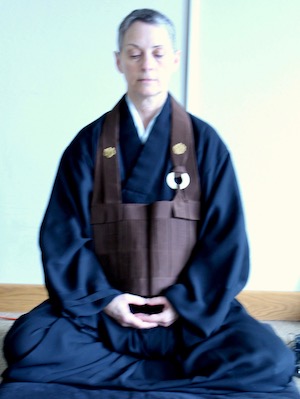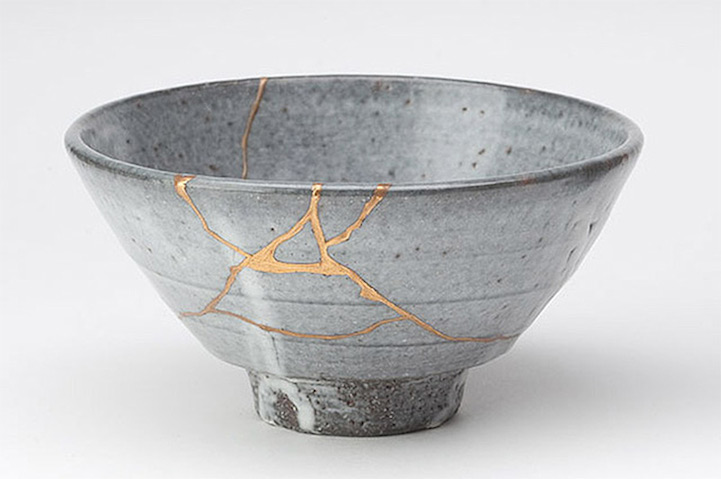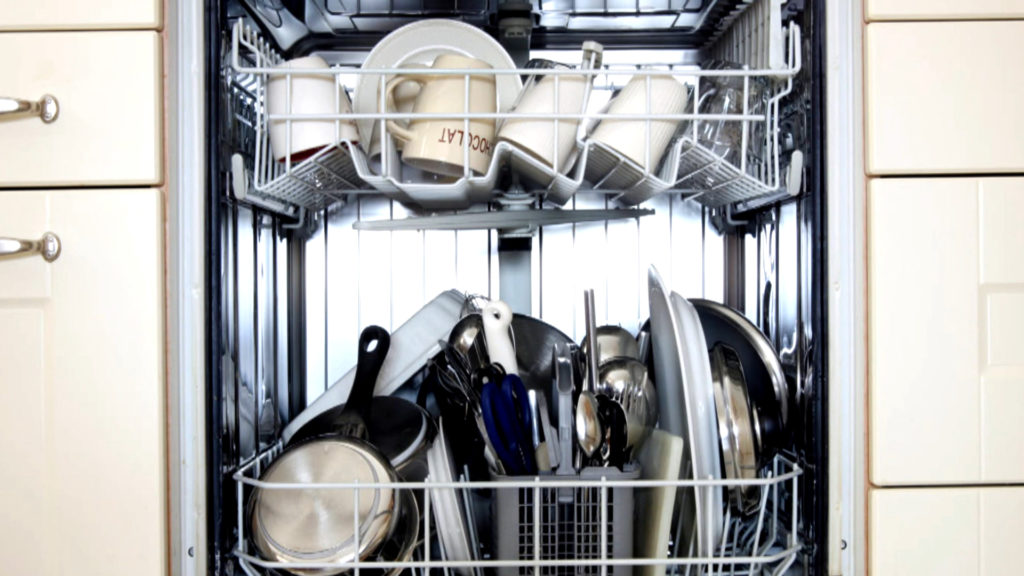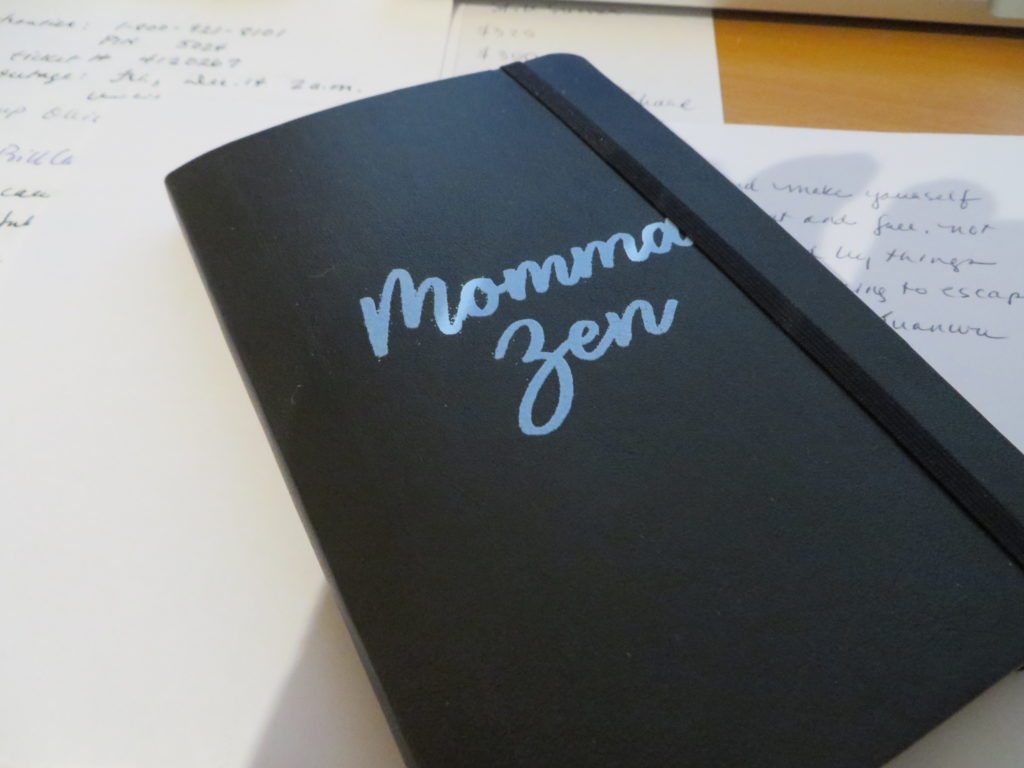
“Let’s go to the Humane Society when you get home and adopt a cat. There are too many animals who need loving homes.”
It sounded like something I would say but I didn’t really mean to say it. It was more of a Hail Mary pass, an attempt to keep my daughter in the game before semester’s end. The dog had died. Her cough was worse. Sleeping wasn’t possible. She was sad, tired, lonely and ready to come home. Then she started asking for a new pet. I hemmed; I balked; in desperation I threw into the end zone. In my mind there was still time to backtrack.
My chief regret as a parent is my failure to leave well enough alone.
Our conversations changed overnight.
She immediately named the fictional kitten. She spent hours shopping for cat furniture online. In one day she sent me seven links for different scratching posts and beds, not to mention a cat hat. (I had to admit it was darling.) There didn’t seem to be any end to her expectations.
Can we please get this bed please please please.
Depending on how well behaved the cat is maybe I can get it registered as an emotional support animal and bring it to school with me.
Before she even flew home she asked how soon after deplaning we could go and get the kitten. I bargained for time, and then I had to level with her. I didn’t really want a cat. I just wanted her to feel better.
It seems to me that there are two checkpoints in parenting. The first is when your children believe what you say. The second is when they don’t believe what you say. If you fail the first, you accomplish the second. I knew I had to keep my word. It was time to let go.
A few mornings later we were at the humane society. She filled out the forms to be a new mother. Then she fell in love once, twice, three, four, five times. She loved every single kitten. Narrowing her heart to fit the one who was old enough to be adopted that day, she made the perfect match.
My mind churned with everything I should tell her that she didn’t know—about the sleeping, the eating, and the mess. The commitment, the responsibility, and the cost. And then, like a circle completing itself, I flashed back to bringing my baby home 20 years ago this summer, and silenced myself with the sudden certainty that she had everything she needed. It’s all any of us have to see us through from beginning to end—love.
And a cat in her bed.














